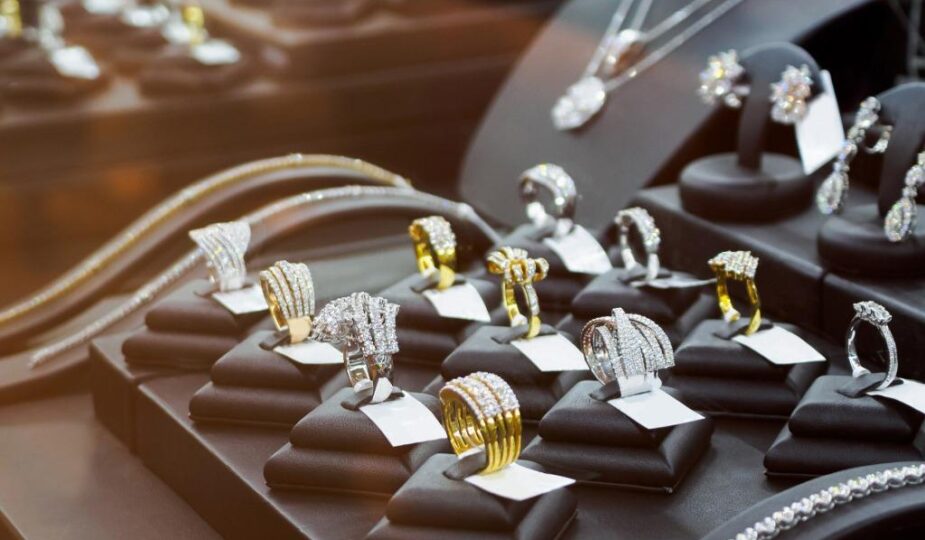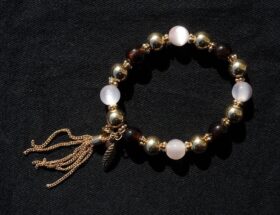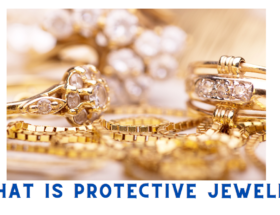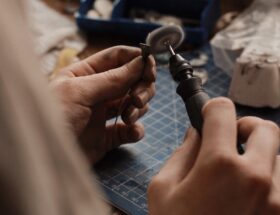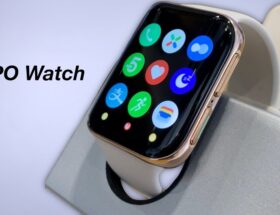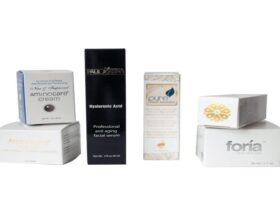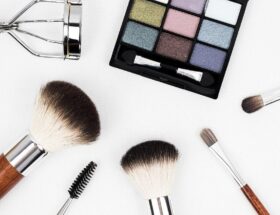Shopping for a diamond is always an exhilarating experience, but the process of purchasing it would not necessarily be one. Why do you ask?
The reason is that there are so many different stones to choose from, not to mention the millions of other jewelry stores and shops. There is always pressure to buy the perfect stone for the perfect occasion. You can use knotting styles for jewelry-making to create unique and eye-catching settings for your diamond. Many know of this situation and can easily dupe or cheat you if you need to learn how to buy a diamond. Follow some rules and precautions that can save you from being cheated.
Before you invest all your hard-earned money, the question of what to look for in a diamond and what mistakes to avoid while purchasing it must be lingering around your mind. Read the full article below to get answers to your questions:
A Guide to Buying a Diamond
Infographic provided by Grown Brilliance, an emerging retailer of lab grown diamonds
The Diamond Language
Diamonds, indeed, have their own language. To be well-versed in this language, you need to know these four words: cut, color, carat weight, and clarity. The 4Cs of the diamond language. The price of a diamond is a combination of all four factors.
Cut
Diamonds are reflectors of light. The cuts on a diamond are the tiny facets and angles made to enhance the reflection of light. The cut grades have three types: proportions, symmetry, and polish. An easy way to find the quality of a diamond is to check if you can see a prism of colors when light passes through it.
Colour
There is a pre-notion that diamonds are only white. The truth is that diamonds come in different shades also. Diamonds can be pure white or have a light yellow or brown tinge. The most famous of all diamonds are the colorless ones. But there are very few such diamonds in the world. The color range of a diamond starts at D (colorless) and ends at Z (light yellow). Diamonds belonging to the categories D–K are considered the most valuable.
Carat Weight
Gemologists measure diamonds in carats. Each carat is 200 milligrams, or 0.2 grams, of weight. More the carat weight, the more the price. While buying a diamond, you should be careful to distinguish the size of the diamond from the carat. Price of the diamond factors into the carat weight, which is why it is so important.
Clarity
Diamonds are formed under the earth. Therefore, it is natural for them to have some imperfections due to internal inclusions and external blemishes. The clarity of a diamond indicates the type and position of these imperfections. The scale of clarity starts at Loupe Clean (LC) and continues until Pique 3 (P3). LC are flawless diamonds, and P3 has the most imperfections.
Shapes
Diamonds come in various forms & shapes. The popular ones are round, princess, marquis, pear, heart, oval, emerald, radiant, and Asscher. The most common and valuable are round-shaped diamonds. Other types of diamonds are called fancy shapes. Some of them, like the marquise, pear, and heart, are modifications of the round diamond. Lastly, the shape of the diamond depends on individual choices and preferences.
Certification
If you are buying diamonds for the first time or are an experienced buyer, the safest way to purchase one is to ask for a certificate for the quality of the diamond. Certificates ought to come from reputable labs like GIA or IGI. The diamond’s cut, color, and clarity would all be attested to by the certificate. In addition, your peace of mind would be guaranteed by a certificate.
Set your budget
It is really important to know your budget. You can get a diamond for every budget. While naturally mined diamonds are expensive, lab-developed diamonds are also gaining momentum. Lab-developed diamonds have the same look and feel as those mined, but they cost approximately 30% less. Hence, it is important to know what you want to compromise.
Trust your instincts
With everything said and done, one of the best pieces of advice to rely on when purchasing a diamond is to trust your instinct. It is important to know all the technical and important details, but no one is a bigger teacher than your instinct. Trust your instincts to what would look good and also make you feel good. Talk to a trusted jeweler about the kind of jewelry you want.
Mistakes to avoid
Assuming all grading systems are the same
There are several grading systems, and there is no standard for grading a diamond. Therefore, you should trust grading from the top laboratories as much as possible. Also, relying wholly on the certificate is not a good idea. Moreover, plus size wedding dresses with diamonds are a stunning and glamorous choice for brides who want to feel their best on their big day. Certificates are important advice, but they are not to be substituted for your other inquiries related to the diamond.
The place where you buy your diamond
The location from which you purchase your diamond, presumably a diamond shop, is just as important as the diamond itself. Going to an all-in-one shop would not be advantageous to you. Since these are rare stones, only some have complete knowledge. The employees in such stores might need complete knowledge, and they might cheat you too.
Buying it in a rush
Only buy diamonds on your first visit. Take your time with the process. Purchasing a diamond should take a great deal of time and consideration. This would become one of your most important decisions. Ask the sellers for advice, but make sure they are taking your time with this process and are allowing you to take your time.
Buying online and thinking all sellers are professionals
The internet is a great place to gain knowledge and information, but it has its fair share of people who try to mislead honest people. Beware of those online advertisements offering diamonds at exorbitant discounts or without certification. Only some people claiming to be an expert in the area are professionals. Before deciding to spend your hard-earned money, do your research. When making a jewelry gift purchase online, be sure to verify the seller’s reputation and the quality of the diamonds before making a purchase to avoid getting scammed.
However, only some people on the internet are dishonest. In this era of online shopping, you will find many diamond shops in the UK that are established online but are dedicated to getting the right stone for you. Their websites would contain all the information required for purchasing.
Conclusion
There’s no doubt that purchasing diamonds for your loved ones or even for yourself is a very special gift. However, it’s always better to make a rational decision rather than an emotional one. The list is simply some cautionary tales, but the decision is entirely up to you. A great seller or professional can guide you on how to choose the diamonds of your choice. Are you still trying to decide on the perfect diamond? Don’t worry; we’ve got you! You can read more articles about diamond shopping and educate yourself.
Author’s Bio:
Pritesh runs the UK & Europe operations for Magneto IT Solutions & Diamond Boutique. He works closely with clients to ensure business objectives are aligned to the e-commerce and technology strategy, forming long term partnerships.
